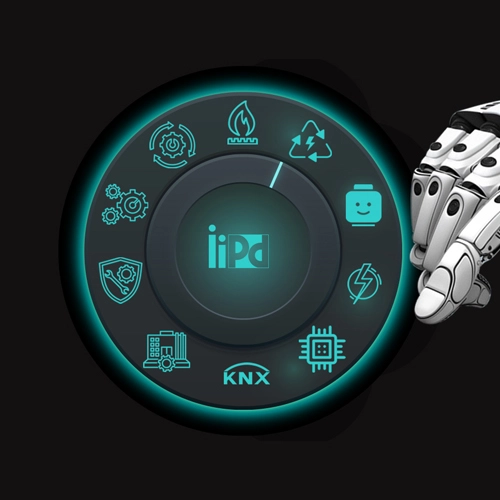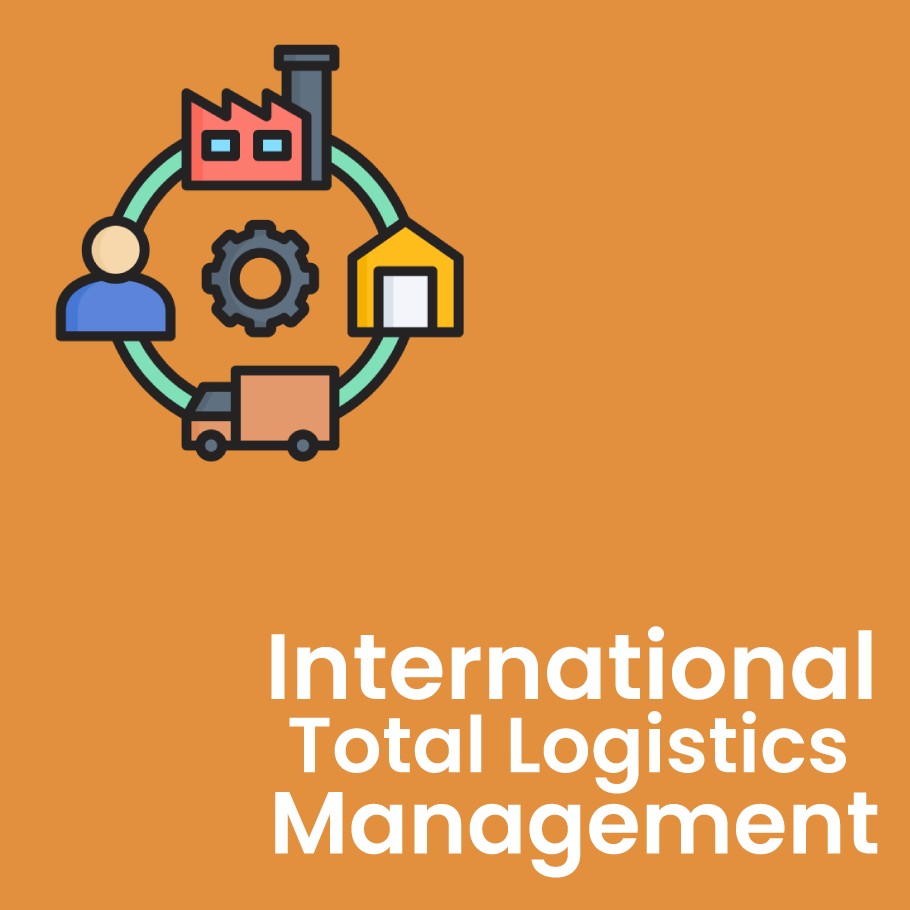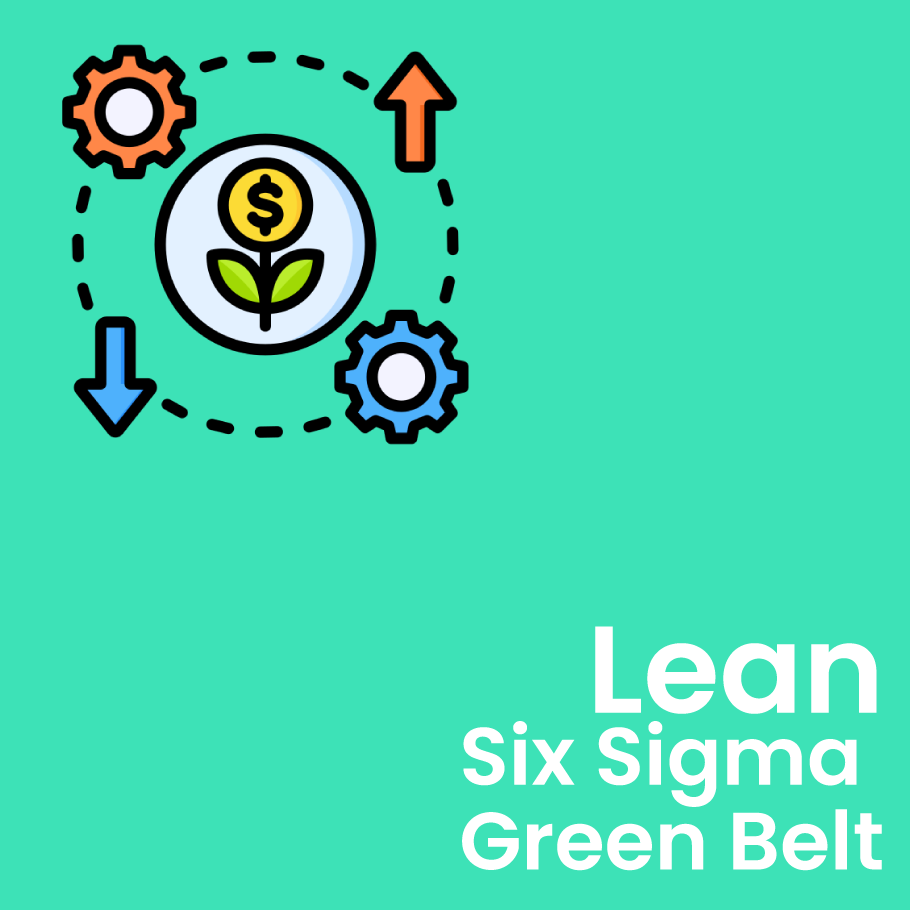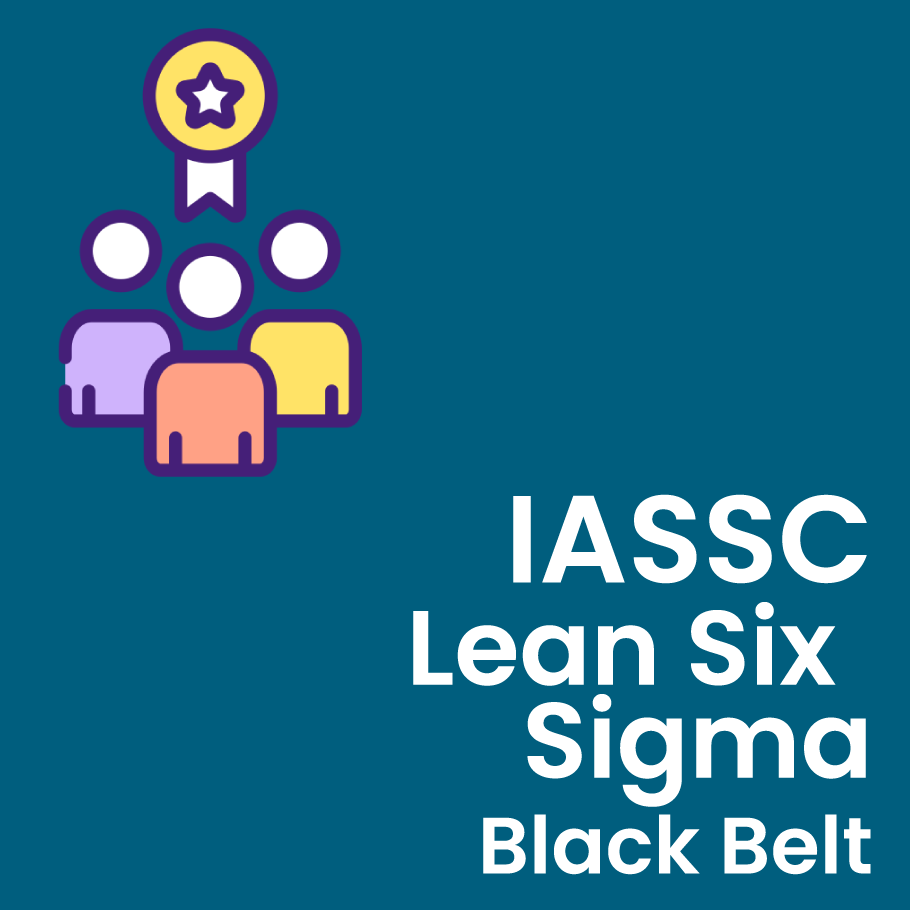This course is designed to actively involve participants in a wide range of Lean exercises, both simple and complex in nature. Throughout the duration of the course, attendees will be presented with opportunities to enhance their understanding and practical application of Lean principles. These exercises will encompass a variety of Lean tools, including but not limited to Value Stream Mapping, 5S, and the analysis of real-world case studies.
| Course Duration | 5 Days |
Course objectives:-
This course will help participants understand total quality concept and techniques for managing, controlling, and improving quality and achieving operational excellence. This course exposes participants to contemporary knowledge and techniques of TQM. This would in turn enable the participant to articulate and implement quality improvement processes in the workplace, in line with the philosophy of Total Quality Management.
Who should attend?
This workshop is beneficial for executives, engineers, and supervisors from QA, production, maintenance, and all other departments aiming at improving their process effectiveness and efficiency.
Course outlines
Day 1
- Principles Total Quality Management
- The concept of Total Quality Management
- The philosophy behind Total Quality Management
- The core principles in achieving Total Quality Management
- Prevention not correction
- Organization Performance
- Domains of Excellence
- Performance Management
- Types of Indicators
- FABRIC model for Indicator selection
Day 2
- Techniques used in Total Quality Management
- Process improvement
- The TQM tools (7 TQM tools & 7 QC tools)
- Benchmarking
- RCA - Cause and effect
- Measurement
- Cost of Quality
Day 3
- Implementing Total Quality Management
- Principles into Leadership
- Commitment and involvement
- Organizational culture
- Benefits of Total Quality Management
- To the customer – improved quality
- To employees – increased satisfaction
- To the organization – better performance
Day 4
- Introduction to Lean Management
- Why Implementing Lean and its benefits
- Japanese 3Ms (Muda – Mura – Muri)
- Types of Waste and Lean tools
Day 5
- Introduction to Six Sigma
- Six Sigma Concept & Process Variability
- The DMAIC methodology
- Six Sigma Basic tools







